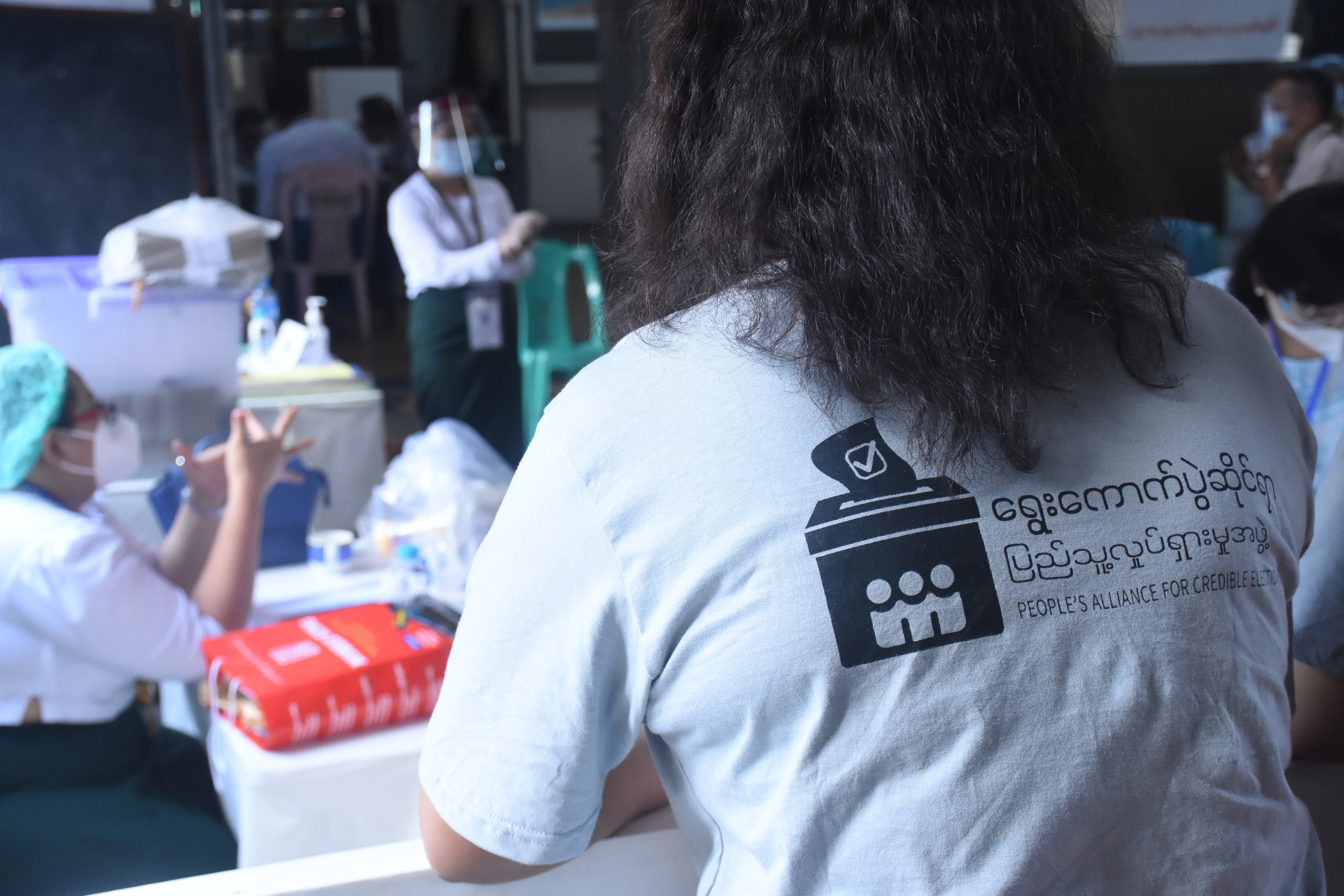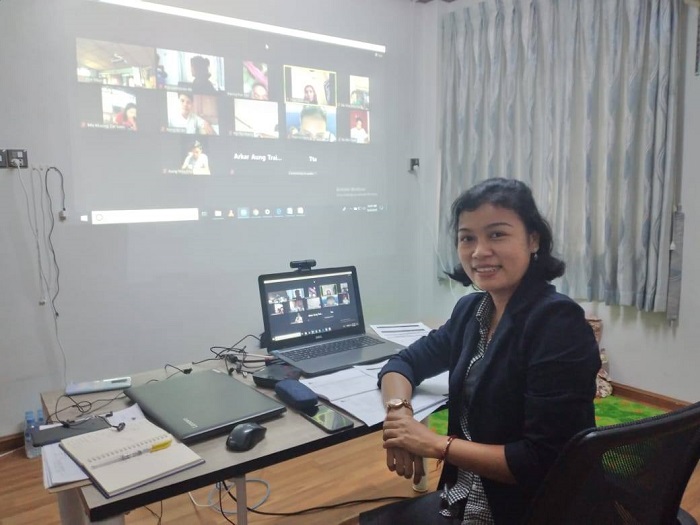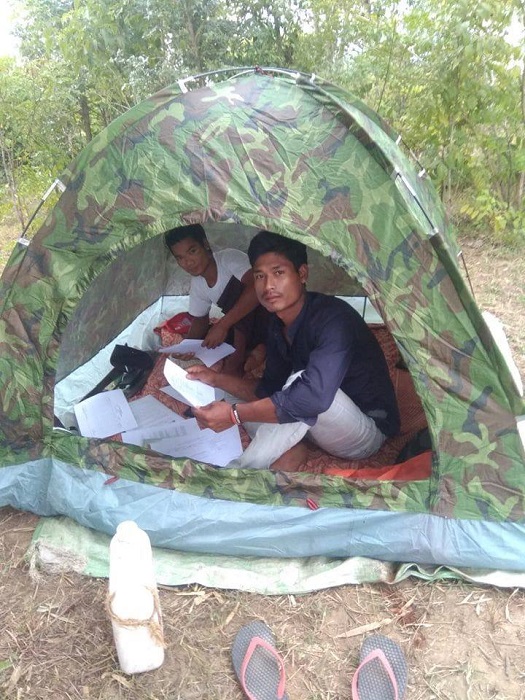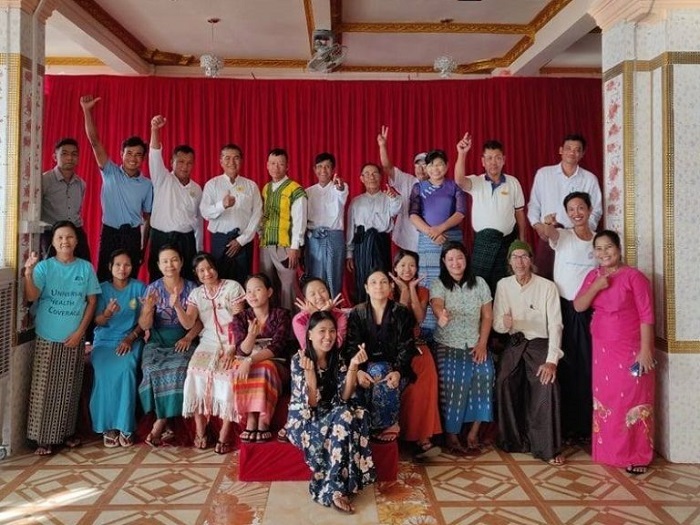PACE Myanmar Observes the 2020 Myanmar General Elections

Myanmar’s November 8, 2020 general elections, the second conducted since the military relinquished absolute power in 2011, were a significant milestone. They followed the 2015 elections, which resulted in the National League for Democracy, led by Aung San Suu Kyi, forming the first government in decades in which civilians have control over the majority of cabinet ministries. GNDEM member People’s Alliance for Credible Elections Myanmar (PACE), the country’s largest local observer group, monitored the electoral process before, during and after election day, focusing on topics of inclusiveness, transparency, and accountability, and making important contributions to its mission to safeguard citizen rights and promote public participation particularly under the unique circumstances. PACE found that the election day process was peaceful, and no major incidents were recorded. However, the context included continuing to reserve a significant number of parliamentary seats for the military’s appointees and over two million people were excluded from the electoral process because of conflict and discrimination. The general elections also presented a significant challenge for the Union Election Commission (UEC), political parties and candidates, and citizen and international observers in the face of COVID-19. In response to the pandemic, PACE developed a virtual training methodology for observers that ensure the quality of their work while respecting social distancing restrictions and minimizing the health risks to observers and the broader community.
 PACE was hard at work throughout the course of this election cycle, releasing several reports of the pre-election environment. In their pre-election survey, PACE interviewed over 2,500 individuals across Myanmar to better understand citizens’ perceptions, views, and expectations in light of the political situation in the country and the upcoming elections. PACE found that one-third of citizens interviewed said they did not expect to face barriers to vote in the elections, and one-third said they were concerned about health and COVID-19 issues in relation to the elections. PACE also noted an increase since 2015 in citizens’ awareness of what makes elections free and fair. Many citizens also indicated that they had concerns around the political information environment in Myanmar:
PACE was hard at work throughout the course of this election cycle, releasing several reports of the pre-election environment. In their pre-election survey, PACE interviewed over 2,500 individuals across Myanmar to better understand citizens’ perceptions, views, and expectations in light of the political situation in the country and the upcoming elections. PACE found that one-third of citizens interviewed said they did not expect to face barriers to vote in the elections, and one-third said they were concerned about health and COVID-19 issues in relation to the elections. PACE also noted an increase since 2015 in citizens’ awareness of what makes elections free and fair. Many citizens also indicated that they had concerns around the political information environment in Myanmar:
“More than half of citizens indicated that they were concerned with the accuracy of the information that they had received, and one-third said they had received misleading or false information regarding the election and political parties.”
In addition to the pre-election survey, PACE conducted long-term observation as the election neared. The organization deployed 319 long-term observers to 319 townships, where they remained to observe election processes through election day. In their pre-election report, because of COVID-19 prevention guidelines and restrictions, PACE found that there were few in-person campaign rallies and PACE observers could only attend rallies in their respective townships. PACE observers found that the UEC implemented new measures in response to government COVID-19 protocols to ensure that voters were informed prior to the election. However, the report also noted that official information on the election process was not clear and timely at all times, which created confusion among voters, political parties, and observers. For example, PACE observed that the UEC released timelines for different aspects of the election process too late to allow observers to prepare to monitor these processes, and that the lack of communication between the UEC and electoral stakeholders created tensions with some political parties during the election.
On election day, PACE conducted a sample-based observation to assess the quality of the process nationwide. The 1,885 deployed short-term observers reported on the setup and opening of polling stations, the voting and closing processes, and the counting of cast ballots from randomly sampled polling stations. SMS reporting, which PACE implemented for the first time in a nationwide election, allowed PACE to be the first organization to release a statement on election day and on the following day. Election day observation was supported by a data center staffed by 42 volunteers (23 men and 19 women). Throughout the process, PACE used infographics and social media to maximize the understanding of their findings among a broad section of Myanmar citizens.
In their preliminary report on election day, PACE highlighted the overall peaceful process, but also shed light on instances where observers were obstructed from observing the electoral process, were asked to leave voting centers, or had to observe the election day process from behind windows. PACE noted that the set-up of polling places was an important indicator to measure transparency levels. The report also noted several irregularities of COVID-19 safety measures at polling stations, such as a lack of mask-wearing and social distancing in voting lines. There were also challenges in ensuring disability-accessible voting locations, with only one-third of polling stations accessible to voters in wheelchairs.

In addition to their election monitoring activities, PACE is leading in civic education with their Democracy and Election Academy. The Academy is an ongoing series of civic education and engagement courses to encourage higher rates of civic engagement and to share knowledge of the democracy and election processes in Myanmar. Since the initiative began, PACE conducted 91 Academy courses, including courses via YouTube. Their most recent effort, “Responsible Citizen,” is one of two plays produced in collaboration with the Sukhuma Tourist Theater Group to educate citizens on their civic responsibilities and elections. PACE has also used Facebook as a platform to share information, graphics, and more with citizens regarding safety protocols and the precautions necessary to voting safely in the election.

In a country that was long ruled by the military and democratic elections are a fairly new part of the civic process, PACE has a unique role to play as a civil society monitor of the pre-election environment, election day processes and political processes between electoral cycles. Even with the ongoing COVID-19 pandemic, PACE has worked tirelessly to advocate for democracy, transparency, and free and fair elections in Myanmar.
 GNDEM
GNDEM